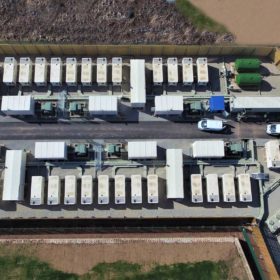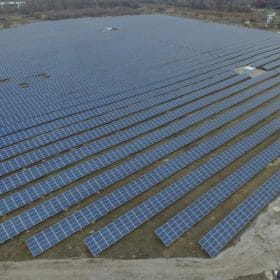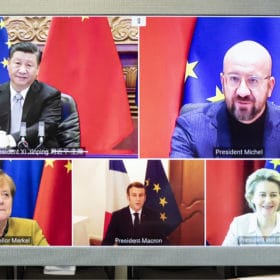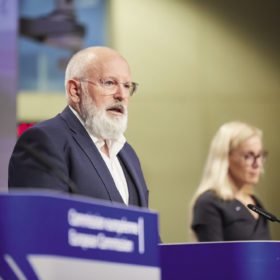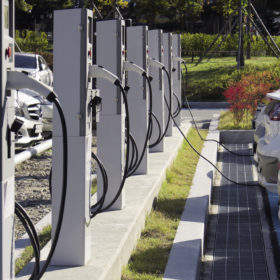European Commission bids to ease planning of trans-border battery and hydrogen projects
The commission has proposed updating the law which regulates the bloc’s cross-border energy networks to include new energy storage technologies and smart grids as well as removing fossil fuel eligibility for public funding.
Metal producer disconnects solar plant from grid, trial started in Ukraine
Kyiv’s Commercial Court has begun hearing a case that could be of interest to solar developers with a stake in Ukraine’s solar sector, or those looking to buy into the country’s energy market. For nearly a year the grid connection of a solar plant had been capped by an adjacent metal producer. The legal proceedings could prove a test for Ukraine’s suitality to provide sufficient investor protection, the plaintiff stated ahead of the trial.
EU-China Comprehensive Agreement on Investment opens manufacturing options, dodges forced-labor issues
The European Commission has finalized its long-anticipated investment agreement with China. While some renewable energy businesses might benefit from improved investment security, IP protection and access to legal remedies in China, the Commission did not address the issue of Uyghur forced labor in China. As a majority block in the European Parliament had previously demanded from the Commisison to develop a firm policy to end forced labor in China, there is reason for doubt that the agreement as it stands will be adopted by the EU Parliament.
Ten-year renewal of Estonia’s renewables support program
New €450 million incentive regime needed to be approved under EU state aid rules.
‘Europe’s battery recycling quotas are blunt and a decade too late’
Last week, the European Commission announced it plans to implement sustainability standards for Europe’s growing battery industry. Consultant Circular Energy Storage published a report on lithium-ion battery life cycle and recycling economics this month and its findings ask tough questions of the commission’s proposals.
European Commission proposes minimum sustainability thresholds for batteries
The world’s second largest battery market is mulling strict regulation of what type of products can be sold within it. The bloc wants to tighten rules on using hazardous materials and would encourage circular economy approaches. The scope of the commission’s proposal would also affect the design of devices, with phones, laptops and other portable gadgets without removable batteries set to be prohibited.
Canadian Solar law suit settlement approved
The Ontario-based solar company will pay US$13 million to settle a class action filed in August 2010, after the Ontario Superior Court approved the offer.
EU bodies appeal court decision on Jiangsu Seraphim anti-dumping case
The European Court of Justice in July agreed with the Chinese manufacturer, which had said the European Commission had no right to collect duties of 47.7% on any products exported before the company had been notified – in October 2016 – that it was having its access to a minimum price agreement withdrawn by the EU.
‘EU law permits member states to amend or withdraw FIT payment terms’
An advocate general at the European Court of Justice has said Italy’s decision to amend the terms of signed, 20-year solar incentive contracts in 2014 does not conflict with European law.
Law and taxes in for e-mobility charging infrastructure in Germany
Electromobility: The legal and fiscal issues involved in setting up charging infrastructure can be stumbling blocks for ambitious projects. Among other things, one has to consider charging pole regulation, and energy industry and renewable energy laws, says attorney Dirk Voges from Germany-based law firm Weitnauer, and his colleague Stefan Zagel, tax consultant in Ebner Stolz.
